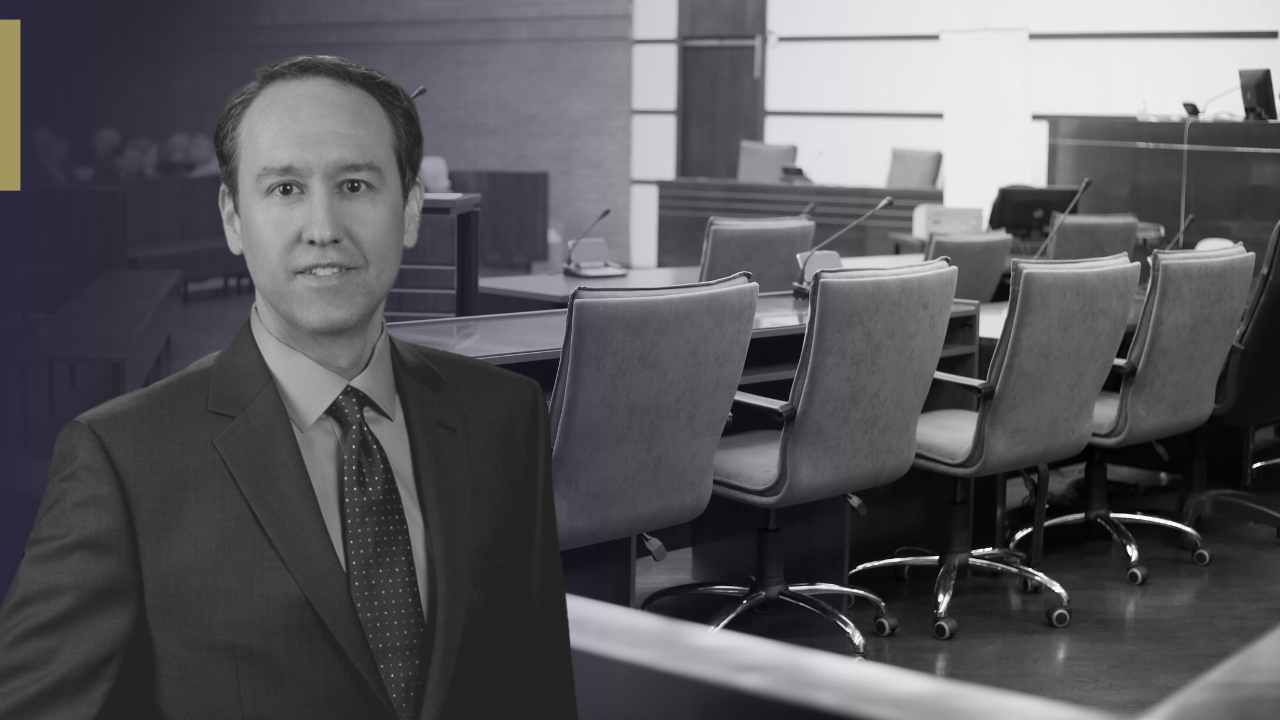The state of Georgia once brought us the Leo Frank trial, the Andersonville prisoner of war camp, and a series of lynching over the years. I never knew that Georgia law was so traditionally weighted against the State. The legislature seems to think otherwise. Yet, the legislature of late has enacted new laws that have taken away historic provisions that have traditionally protected the accused, including: historic provisions that gave the defense more jury strikes than the prosecution; recent legislation that took away the defense’s right to give a closing to the jury last; and a set of minimum mandatory sentences that presume that Georgia is a bastion of liberal judges. One would think that, in the midst of all the hangings that have taken place in Georgia’s history, that we haven’t coddled criminals too long. Most recently, the law has relegated criminal appellants to the role of distant correspondents as the lawyers battle out their case in a courtroom, sometimes hundreds of miles away. We’ve only recently gotten there, but there may be a way to change things.
Two things have happened to bring about this turn of events. First, the legislature recently took away the right for criminal appellants to remain in the county jail while their appeal was pending. Not many lawyers even knew that the law provided such a right, and many judges simply ignored it. But, for me, keeping my client in a local jail was very helpful on appeal. It allowed me to build an attorney-client relationship, and it provided my client with a sense that he had a voice in his case. Trial lawyers have this right from the very beginning when their clients are incarcerated. But the legislature took this right away – proving that the appellate process is the red-headed stepchild of the criminal justice process in Georgia.
I average about 5 travel days a month so far in 2011. All the prison in Georgia are located far away from me. And the clients still need to be seen. Relationships still need to be formed and maintained. While this process is good for the folks at audible.com from whom I purchase many audio books and from Exxon from whom I purchase gas at around $4.00 a gallon. It is not good for my overall productivity. Because for every 3-4 hours I spend driving there is maybe 1 good hour of meeting time with my client. And, as the law is developing, I may be on the road even more.
The trend started earlier but has culminated in the Mantooth. This is the total bad facts make bad law package. The lawyer was given every opportunity to proffer to the trial court a reason to produce his client for the motion for new trial hearing, and he passed up, baldly claiming that he wanted his client to attend the motion for new trial hearing. Out followed the holding that a non-death penalty defendant has not right to attend a motion for new trial motion hearing unless he can show his presence would contribute to the “fairness of the proceedings.” Of course, the whole test seems circular. When is it ever fair to holding a hearing on a person’s life and status as a felon while the defendant is involuntarily absent? Never mind the fact that the opinion appears to misconstrue the holding in some earlier cases. Andthe whole body of caselaw that has developed in Georgia ignores United States Supreme Court precedent in Snyder v. Massachusetts (thanks, Jim Bonner, for telling me about this case). My client should see and hear his hearing. And, when evidence is introduced, it is important for me to be able to consult with my client, likely the only person at counsel table with me who was present at the trial and in pretrial meetings and proceedings to know what to ask witnesses at the motion for new trial hearing. Georgia courts are moving in the other direction, it appears.
Take this Issue Up
One thing to keep in mind is that the Georgia jurisprudence in this area is not particularly well developed. Yes, there are many cases to reach this issue. But seldom has there been much analysis. When the Supreme Court has reached it, it has typically done so in a very short paragraph. So, there has never been a better time to start moving this issue to the Supreme Court of Georgia.
Preserve This Issue by Motion
After all, for an appellate lawyer, the next best thing to winning a motion at the trial level is losing motion of the trial level. So, I would encourage lawyers, at motions for new trial, to file motions to produce the end where you assert why your client’s presence at his motion for new trial hearing is essential to the fairness of the proceeding. Allege it on due process on and sixth amendment grounds.
Affidavits are Your Friend in this Regime
In addition, seize the opportunity to use the absent client introduce evidence that cannot be cross examined. If the court will produce your client, then the trial court leaves you no choice but to present evidence from your client in the form of an affidavit. Since the courts tend to do with state wants, then the Court will likely produce your client to give the State the opportunity to cross-examine your client. If not, then use this wrinkle in the law to put up some evidence that is beyond the reach of the State’s questions. Second best, an affidavit will likely get your client produced.
Above all, this is an area of law that needs to be further developed. So, start filing motions to produce. You’ll plant issues in your case and show your client that you are fighting to give him his day in court at the appellate level. Better yet, you might have a way of putting up evidence beyond the State’s cross-examination or maybe show how eager some trial judges are to produce your client when the State needs him but not when you do.


